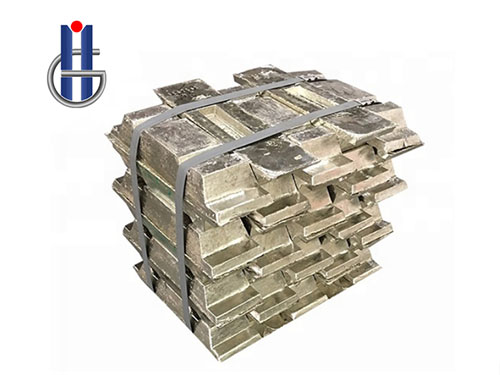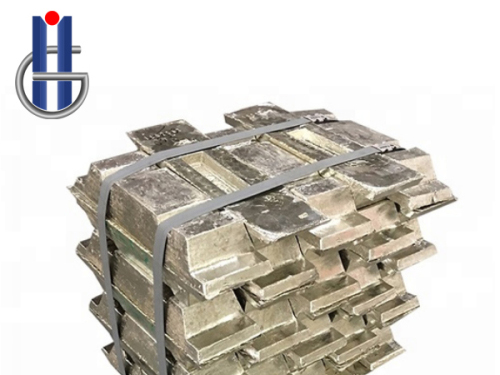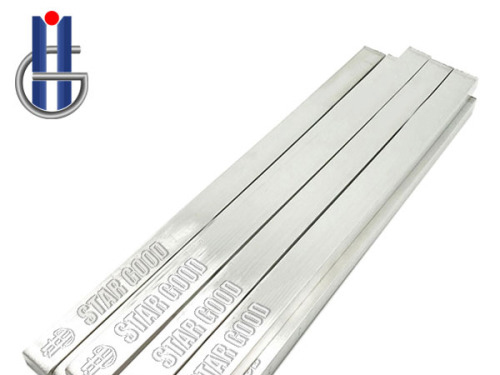Pure tin ingot, a versatile and valuable metal, plays a pivotal role in various industries due to its unique properties and wide range of applications. From electronics to construction, its purity and malleability make it a sought-after material for numerous manufacturing processes.
One of the primary uses of
pure tin ingot is in the electronics industry. Its exceptional conductivity and resistance to corrosion make it an ideal material for soldering components onto circuit boards. The pure tin coating ensures reliable electrical connections while minimizing the risk of oxidation, ensuring the longevity and performance of electronic devices.
In addition to electronics, pure tin ingot finds applications in the food and beverage industry. Tin plating is commonly used to coat containers and cans, providing a protective barrier against corrosion and contamination. This ensures the integrity and safety of food products, extending shelf life and maintaining freshness for consumers worldwide.
Furthermore, pure tin ingot is utilized in the production of specialty alloys and coatings. When combined with other metals such as copper and lead, tin enhances mechanical properties and imparts desirable characteristics such as hardness and corrosion resistance. These alloyed materials are used in a variety of applications, including bearings, automotive parts, and architectural finishes.
Pure tin ingot also holds significance in the manufacturing of decorative items and jewelry. Its lustrous appearance, coupled with its ease of shaping and engraving, makes it a preferred choice for artisans and craftsmen. Whether used in intricate designs or as a protective plating, tin adds aesthetic appeal and value to a wide range of products.
From a sustainability perspective, pure tin ingot offers notable advantages. As a recyclable material, it supports circular economy principles by minimizing waste and conserving resources. Additionally, tin mining and refining processes have become more environmentally friendly in recent years, with efforts focused on reducing energy consumption and minimizing ecological impact.
In conclusion, pure tin ingot stands as a versatile and indispensable material with diverse applications across industries. Its purity, conductivity, and corrosion resistance make it an ideal choice for electronics, food packaging, alloy production, and decorative purposes. As technology continues to advance and environmental consciousness grows, the demand for sustainable materials like pure tin ingot is expected to rise, driving innovation and further expanding its range of applications.



 High Purity Tin Ingot: Crucial Applications and Benefits
High Purity Tin Ingot: Crucial Applications and Benefits
 Pure Tin Ingot: Essential Material for Diverse Industrial Applications
Pure Tin Ingot: Essential Material for Diverse Industrial Applications
 Unlocking the Potential of Pure Tin Bars: Essential Components for Diverse Industries
Unlocking the Potential of Pure Tin Bars: Essential Components for Diverse Industries
 Lead Bar for Sale: Uses, Specifications, and Buying Considerations
Lead Bar for Sale: Uses, Specifications, and Buying Considerations